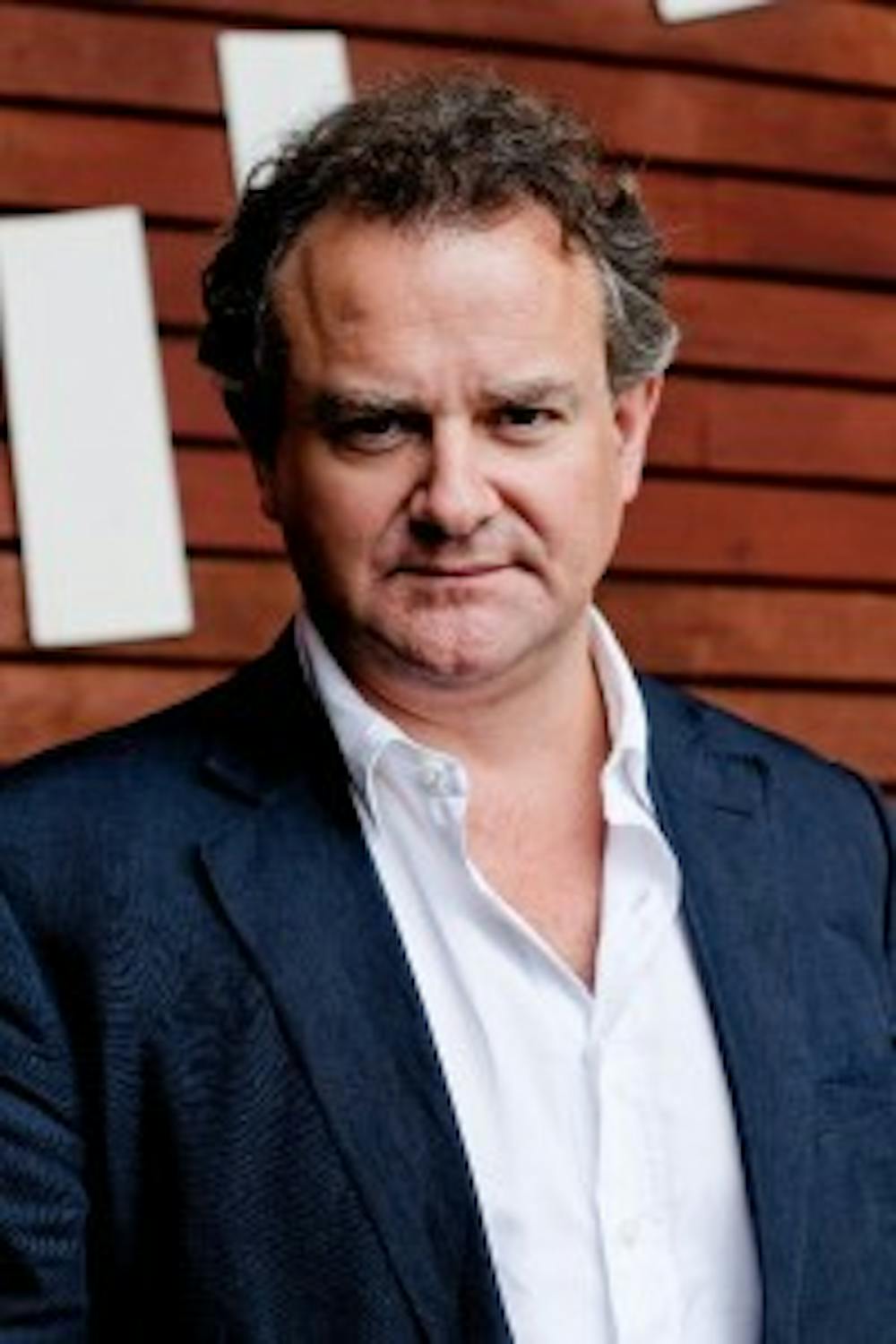Downton Abbey, the critically acclaimed and internationally popular British drama series, came to an end this past Sunday after six seasons in an uplifting two-hour series finale. In a show marked by tragedy, the finale gave viewers a chance to see every character get the happy ending he or she had long been striving for.
The series follows the Crawleys, a prominent British family, and their servants beginning in 1912 just after the sinking of the Titanic and ending on New Year’s Eve 1926. Though the main ensemble cast of the show is fictional, they lived in the very real and very tumultuous world of early 20th-century England. Throughout the series, women could not inherit their own family’s property, World War I took the lives of many young men and drastically changed the roles of women, society was divided into very rigid social classes and having sex before marriage was viewed as a life-ruining indiscretion.
Within this world, creator Julian Fellowes wrote an ensemble of incredibly complex characters: a spoiled and haughty heiress turned hardworking and usually kind estate manager in Lady Mary (Michelle Dockery), a spiteful and unlucky middle sister turned into a heroic and lovable woman in Lady Edith (Laura Carmichael) and a villainous but sympathetic schemer turned into a perseverant champion in servant Thomas Barrow (Rob James-Collier).
Fellowes also made sure to include characters that served as the moral centers of the show. These characters included Matthew Crawley (Dan Stevens), heir to Downton and loving husband of Mary; Lady Sybil (Jessica Brown Findlay), the fiercely independent and incredibly caring little sister of the Crawleys who fell in love with the family chauffeur; Tom Branson (Allen Leech), the radical chauffeur turned level-headed and incredibly kind estate agent; and Lady Rose (Lily James), a lovable cousin to the Crawley family who refused to let her parents dictate who she married. Each of them encouraged those around them to become kinder and less judgmental.
Despite the drama and tragedy that accompanied life at Downton, the show also featured a good amount of comic relief, often in the one-liners delivered by the Dowager Countess of Grantham Lady Violet (Maggie Smith) like “What is a weekend?” and “I have plenty of friends I don’t like.” Violet’s personality alone was even comical as she was very stubborn and set in her ways. She was one of the most lovable characters on the show not only because of her humor but also because she supported her family members even when they did things she disapproved of, like having sex before marriage or having a child out of wedlock. One of her sweetest moments was in season two when she comforted Daisy (Sophie McShera), the kitchen maid, who had reservations about marrying footman William Mason because she did not think she cared for him as much as he cared for her.
While fans will surely miss watching Downton every year, they should be appeased by the joyful outcomes every character received, especially given their often tragic pasts. Yet, this relief is bittersweet because of Downton’s unique historical setting. Fellowes made the characters so real for viewers that it’s hard not to think about what their lives would be like after Jan. 1, 1926 and hard not to realize that these beloved characters are blissfully unaware of in the horror of the Great Depression and World War II.
All viewers can do is have faith that the inhabitants of Downton Abbey will carry on for the next 14 years with the grace, strength and love they showed in the last 14. In the words of Violet: “Don’t be defeatist, dear. It’s very middle class.”





